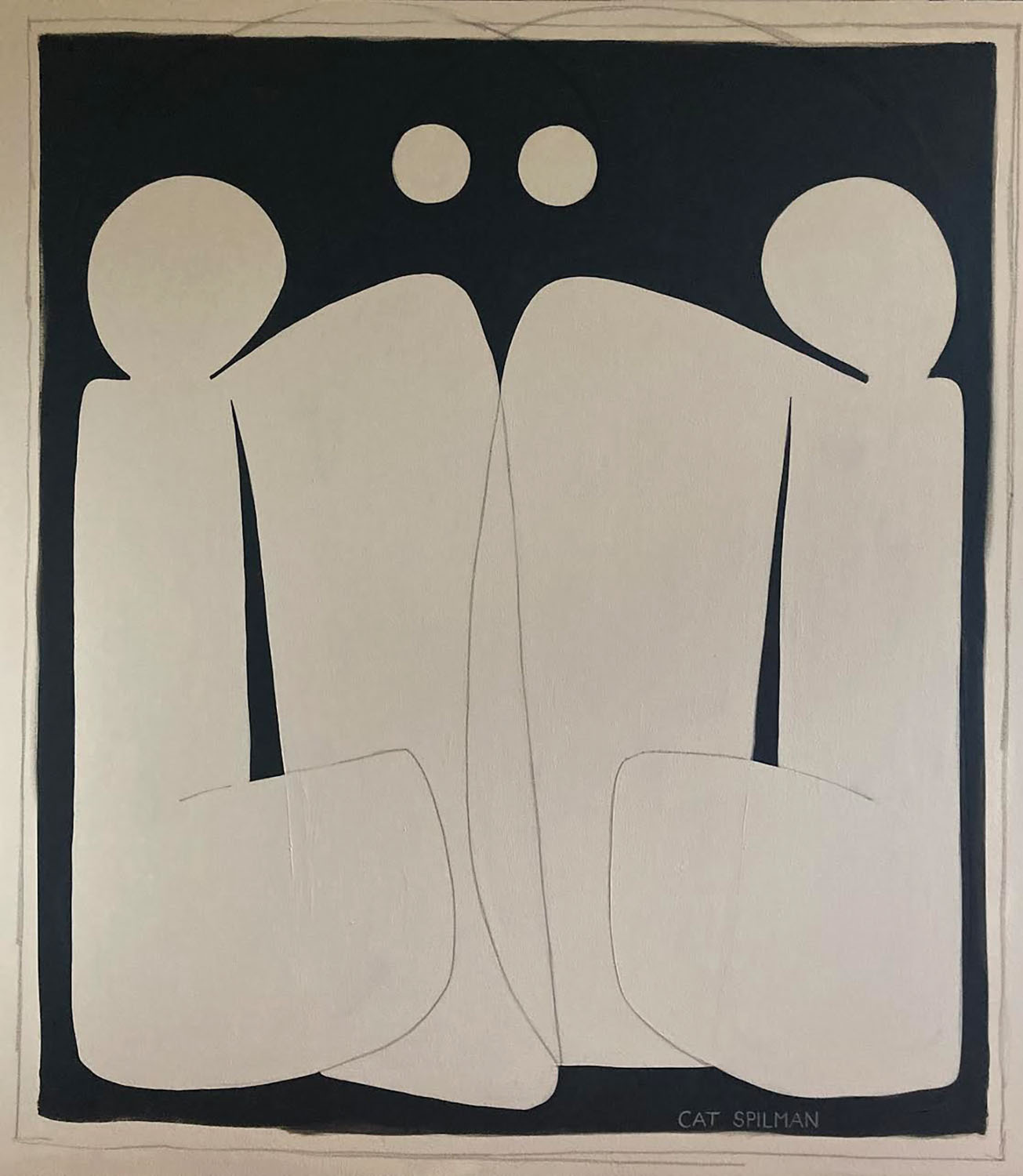Image


You should really subscribe now!
Or login if you already have a subscription.
Cat Spilman is an American contemporary painter living and working in the UK. She graduated from the School of Visual Arts in New York City and now shows internationally with galleries in London and Barcelona.